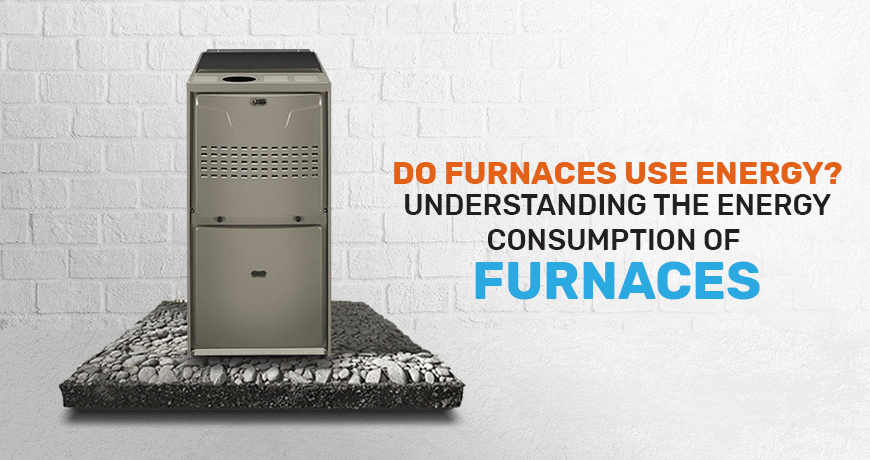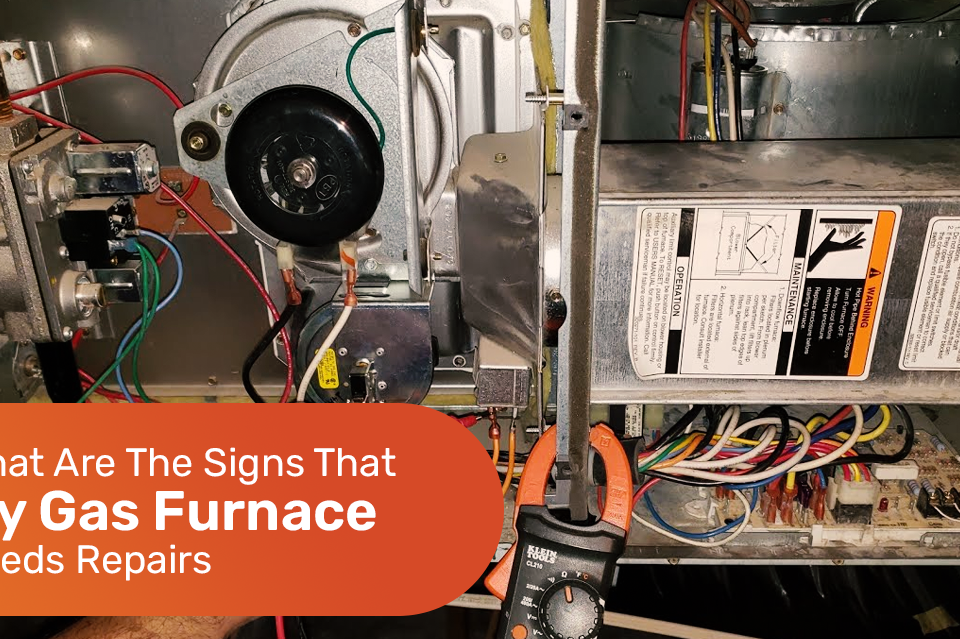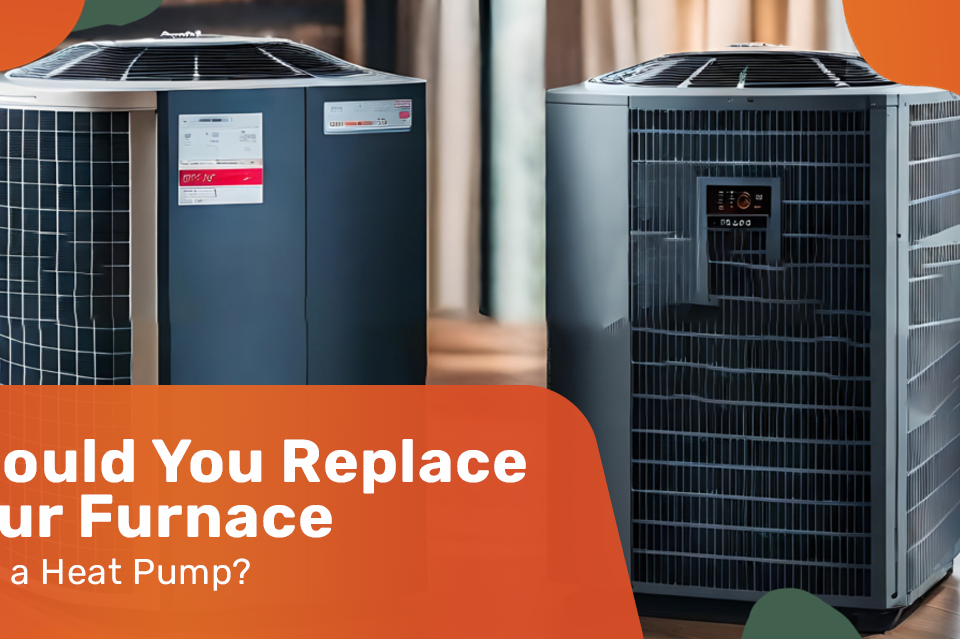HVAC installation & Plumbing Services in Mississauga & Sentral HVAC Repair

The Point of a Heated Driveway: A Game-Changer for Winter Safety and Convenience
October 28, 2023
The Function of Ducts: Understanding the Importance of Ductwork in HVAC Systems
November 11, 2023Are you curious about the energy consumption of furnaces and how it impacts your home? Look no further than Sentral HVAC & Plumbing, the leading home maintenance website serving Mississauga, Oakville, Burlington, Milton, Etobicoke, Brampton, Toronto, and Hamilton.
In this blog, we will explore the question, “Do furnaces use energy?” and provide a comprehensive understanding of the energy consumption associated with these essential heating systems. Join us as we delve into the efficiency of furnaces and uncover ways to optimize their energy usage for a more sustainable and cost-effective home heating experience.
Do Furnaces Use Energy? Understanding the Energy Consumption of Furnaces:
When it comes to heating your home during those chilly winters, furnaces are a common choice for many homeowners. However, have you ever wondered, “Do furnaces use energy?” The answer is a resounding yes. Furnaces are an essential component of your home’s HVAC system and consume energy to generate and distribute heat throughout your living spaces.
Understanding the energy consumption of furnaces is crucial for optimizing efficiency, reducing energy costs, and creating a more sustainable home environment.
At Sentral HVAC & Plumbing, the leading home maintenance website serving Mississauga, Oakville, Burlington, Milton, Etobicoke, Brampton, Toronto, and Hamilton, we aim to shed light on this topic and provide valuable insights for homeowners.
The Energy Consumption of Furnaces:
Furnaces rely on various energy sources to operate, including natural gas, propane, oil, or electricity. The most common type of furnace is a gas furnace, which utilizes natural gas as its primary fuel source. Gas furnaces burn the fuel in a combustion chamber, generating heat that is then distributed throughout the home via ductwork and vents. The burning process requires energy, and the efficiency of the furnace determines how effectively it converts fuel into heat.
Factors Affecting Furnace Energy Consumption:
Several factors influence the energy consumption of furnaces:
1. Furnace Efficiency Rating:
Furnace efficiency is measured by the Annual Fuel Utilization Efficiency (AFUE) rating. AFUE represents the percentage of fuel that is converted into usable heat. Higher AFUE ratings indicate greater efficiency, meaning less wasted energy and lower operating costs. Upgrading to a high-efficiency furnace with an AFUE rating of 90% or above can significantly reduce energy consumption compared to older, less efficient models.
2. Home Insulation and Air Sealing:
The insulation and air sealing of your home play a crucial role in minimizing heat loss and optimizing furnace energy consumption. Well-insulated homes retain heat more effectively, allowing the furnace to operate more efficiently. Proper air sealing eliminates drafts and prevents warm air from escaping, reducing the workload on the furnace and saving energy.
3. Thermostat Settings and Programming:
Setting your thermostat at an appropriate temperature and programming it to adjust based on your schedule can help optimize furnace energy consumption. Lowering the temperature when you’re away or asleep reduces the workload on the furnace, resulting in energy savings. Consider investing in a programmable or smart thermostat to automate temperature adjustments and maximize energy efficiency.
4. Regular Furnace Maintenance:
Regular furnace maintenance is essential for ensuring optimal energy consumption. Dirty filters, clogged vents, and worn-out components can impede airflow and force the furnace to work harder, consuming more energy. Scheduling annual maintenance with a professional HVAC technician from Sentral HVAC & Plumbing can help identify and address any issues, ensuring your furnace operates efficiently throughout the heating season.
Optimizing Furnace Energy Consumption:
To minimize energy consumption and maximize efficiency, consider implementing the following practices:
1. Upgrade to a High-Efficiency Furnace
If your current furnace is old and inefficient, consider upgrading to a high-efficiency model. High AFUE ratings indicate better energy efficiency, translating to lower energy bills and reduced environmental impact.
2. Ensure Proper Insulation and Air Sealing
Proper insulation and air sealing create a well-insulated and airtight home, reducing heat loss and improving furnace efficiency. Inspect your home for any areas that may require additional insulation or sealing, such as windows, doors, and attics.
3. Optimize Thermostat Usage
Utilize programmable or smart thermostats to create temperature schedules that align with your daily routine. Lowering the temperature when you’re away or asleep can result in significant energy savings without sacrificing comfort.
4. Schedule Regular Furnace Maintenance
Don’t overlook the importance of regular Furnace Maintenance In Mississauga. Schedule annual inspections and tune-ups to ensure your furnace operates at peak performance. This will not only improve energy efficiency but also extend the lifespan of your furnace.
Furnaces do use energy, and their consumption can be influenced by factors such as efficiency ratings, home insulation, thermostat settings, and regular maintenance. By upgrading to high-efficiency furnaces and scheduling regular maintenance, homeowners can minimize energy consumption and enjoy a comfortable, cost-effective, and eco-friendly heating experience. Trust Sentral HVAC & Plumbing to provide expert guidance and services to help you maximize furnace efficiency and create a more energy-efficient home.




